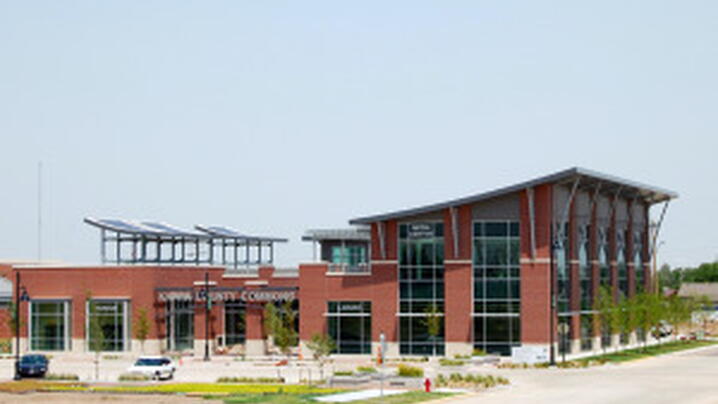
Written by David Morley, AICP, American Planning Association
Thanks in large part to the wake-up-calls of Hurricane Katrina and Superstorm Sandy, a growing number of communities have identified resilience as a key component of sustainability. Broadly speaking, the concept of community resilience refers to the ability of a community – its systems, institutions, and residents – to adapt to changing conditions or to withstand extreme events without major damage or disruption. As global temperatures and energy demand rise, energy and climate experts expect energy prices to escalate and extreme weather events to increase in frequency. Both of which affect disabled, elderly, and low-income populations disproportionately. While the potential role of solar power in mitigating climate change is well established, the relationship between solar energy and community resilience has received considerably less attention. Simply put, local solar development can enhance resilience by insulating against price volatility in fossil fuel markets and by powering critical infrastructure during grid outages associated with extreme weather events. So far so good, but most communities are long way off from being energy resilient. How do we get from our energy insecure present to a secure future? Well, as with so many other worthwhile changes, it will take changes in local policies and public investments. In other words, we have some planning to do. In an effort to help close the information gap on the potential connections between solar energy use and community resilience, SolarOPs team member the American Planning Association recently put together an annotated list of existing resources that highlight specific strategies for building resilience through solar development. And on February 26, APA will be hosting a free webinar with practical suggestions for communities interested in integrating solar energy use into their hazard mitigation and post-disaster recovery planning efforts.
New, Reduced Membership Dues
A new, reduced dues rate is available for CAOs/ACAOs, along with additional discounts for those in smaller communities, has been implemented. Learn more and be sure to join or renew today!
